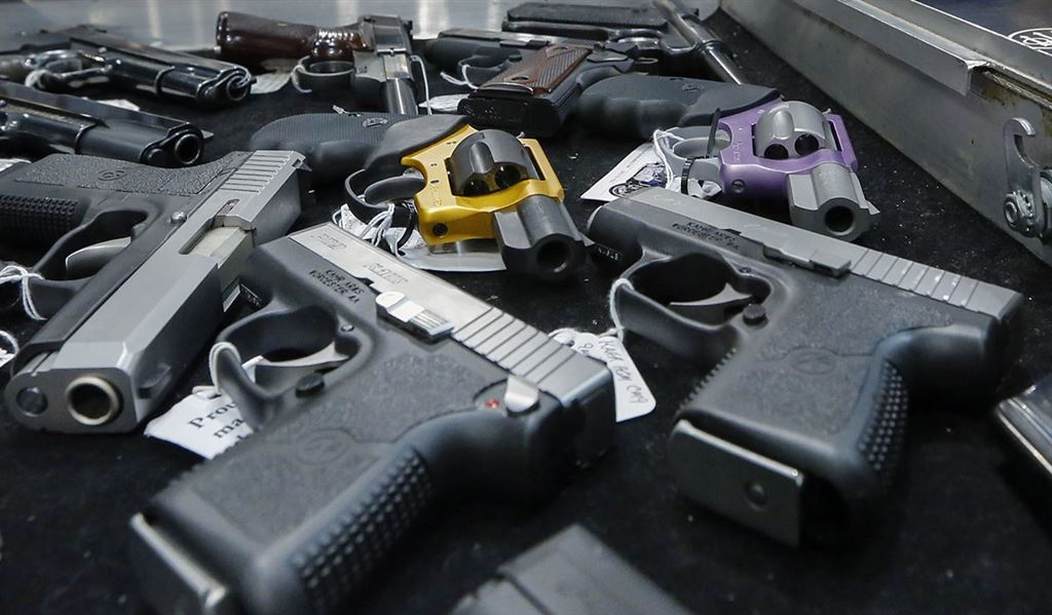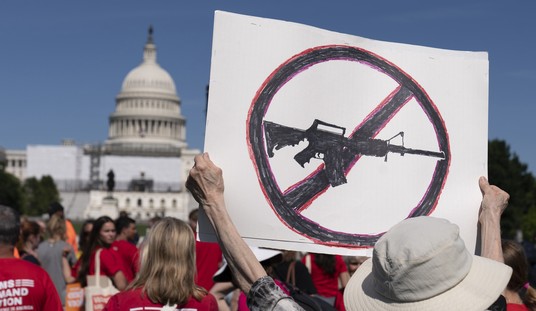We've seen people critical of any study that suggests anything positive about gun ownership. I touched on an example of that on Thursday, actually. In that example, the methodology was eviscerated by critics, all because it left questions unanswered.
Yet this is a study we've looked at before. It found that suicide rates among children--those under the age of 18, to be specific--were correlated to a state's gun laws. Simply put, states that lack these laws see higher youth suicide rates.
But let's look at the specifics for a moment.
TAKEAWAY:
- From 2009 to 2020, there were 6735 suicides in US children younger than 18 years, with 1566 involving handguns, 1184 by large firearms, and 3985 by other/unspecified firearms.
- Male children had a higher incidence of suicide across all demographics and firearm types, with 85% of suicide victims being boys.
- States with mandatory waiting period laws reported fewer suicide deaths across all firearm types (P < .01) than states without these laws, as did states with "child access prevention–negligent storage" laws (P < .001).
- States with "stand your ground" laws had higher overall firearm suicide mortality rates (P < .05) and higher rates of suicide deaths than states without these laws.
- For the years 2009-2020, there were 10,278 homicides among children younger than 18 years. There were no differences in states with or without each of the 36 firearm laws.
IN PRACTICE:
"The long-term impact of firearm-related injury on survivors includes a higher chance of developing PTSD [posttraumatic stress disorder] and an overall impaired health care–related quality of life," the authors wrote. "It is essential to determine the effectiveness of firearm legislation to help prevent childhood firearm mortality across the United States."
Now, this particular study is being cited all over the place and the media darn sure isn't running any criticism of it.
Yet let's understand that some of the gun laws they looked at included not just mandatory waiting periods for gun purchases but also Stand Your Ground laws and universal background checks. Why?
See, one valid criticism is that they're looking at laws that are irrelevant with regard to child suicide. Kids aren't going into gun stores to buy firearms, for example, so why would a mandatory waiting period matter? Stand your ground laws are about self-defense, so what impact would they have on child suicides?
One might argue that universal background checks might prevent teens who may appear to be 18 from buying firearms in face-to-face transfers, but even that is unlikely.
The only reason to even remotely look at this is because you're trying to make a case for these laws. This one study alone isn't ever going to be enough, but if you put enough of them together, it's compelling to those who have never actually looked at the studies themselves.
None of these laws have any bearing on child suicide. They're never going to have an impact.
If anything, these laws are suggestive of a lack of private firearm ownership on a per capita basis. As a result, kids who seek to claim their own lives can't use a firearm because there isn't one around because they live in a state hostile toward gun ownership. It's just that simple.
Now, I should acknowledge that he authors of the study do acknowledge that there are limitations in their study, but they don't remotely admit that what they're looking at are things that not only do not have anything to do with youth suicides, but cannot have anything to do with them.
And yet, this study got press and is treated like a serious work while one asking people if they used a gun in self-defense is problematic to an extreme.
No wonder more and more people are refusing to "trust the science" anymore. There isn't any.







Join the conversation as a VIP Member